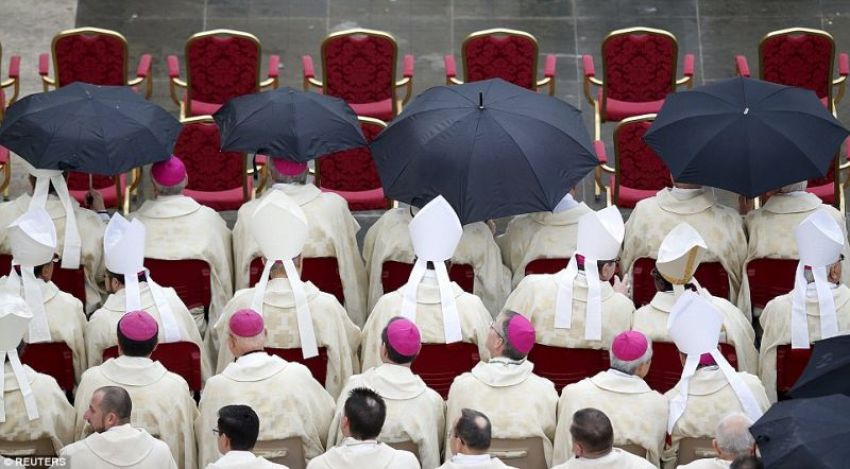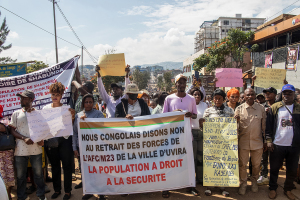Prominent Catholic official questions validity of confessions by phone, email

A prominent Roman Catholic Church official has questioned the validity of confessions performed via phone or online when people are unable to make confessions in-person due to restrictions on gatherings in response to COVID-19.
Cardinal Mauro Piacenza, head of the Apostolic Penitentiary, which oversees issues related to the forgiveness of sins, was interviewed last week by L'Osservatore Romano.
When asked about confessions performed via email or phone, Piacenza responded that he could “confirm the probable invalidity of the absolution imparted through such means.”
“In fact, the real presence of the penitent is lacking, and there is no real conveyance of the words of absolution; there are only electric vibrations that reproduce the human word,” the cardinal said, according to Catholic News Service.
Piacenza stressed, however, that it was for the local bishop to decide whether "collective absolution" could be allowed in select cases such as "at the entryway of hospital wards where the faithful are infected and in danger of death."
In the Catholic tradition, the act of confession typically involves a confessor and a priest in the same facility, usually in a booth within a church that has a screen dividing the two people.
Because of the pandemic, the cardinal noted that cautions can be taken, such as holding the confession in a well-ventilated space, with social distancing, and everyone wearing facemasks.
In March, Apostolic Penitentiary issued a notice stating that the usual process of forgiveness of sin through individual confession and absolution could be modified due to “cases of grave necessity,” in particular for “places most impacted by the pandemic contagion and until the phenomenon subsides.”
The notice also said that local bishops should take “into account the supreme good of the salvation of souls” and determine “the cases of grave necessity in which it is licit to impart collective absolution.”
“… for example,” continued the notice, as reported by the Catholic Herald, “at the entrance to hospital wards where faithful in danger of death are hospitalized, using — within the limits of what is possible and with appropriate precautions — means for amplifying the voice so that the absolution is heard.”
“If the unforeseen necessity arises to grant sacramental absolution to several faithful at the same time, the priest is obliged to forewarn the diocesan bishop as far as possible and, if it is not, to inform him as soon as possible afterward.”
Also in March, Pope Francis said during a homily at mass that Catholics unable to go to confession because COVID-19 lockdowns can confess directly to God.
“This is the right time, the opportune moment. An act of contrition done well, and our souls will become white like the snow,” the pontiff said earlier this year. “Return to your father who is waiting for you.”
“The God of tenderness will heal us; He will heal us of the many, many wounds of life and the many ugly things we have done. Each of us has our own!”



























